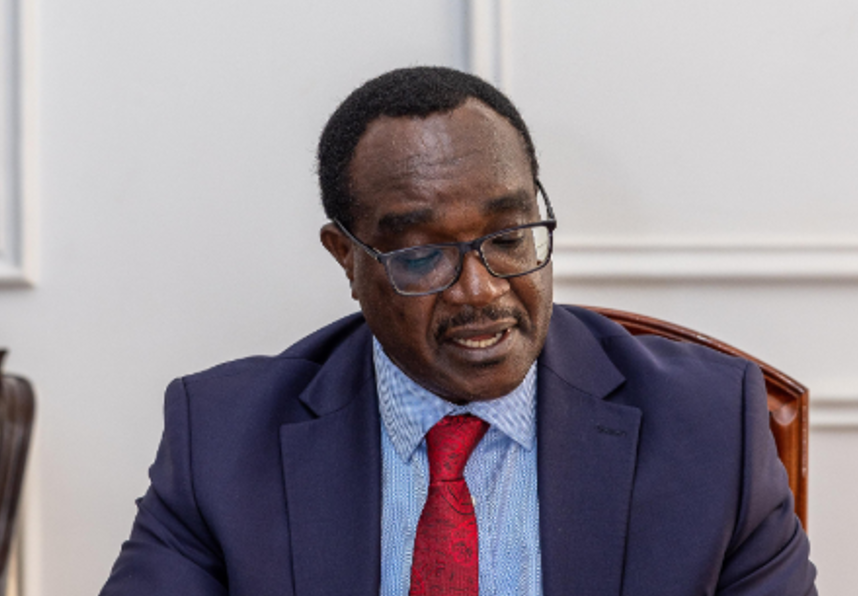Prince Harry and Meghan Markle’s decision to step back from royal duties has been described as a crisis for the monarchy, but they are the ones who are most likely to suffer the damage.
Members of the royal family are in a conflicted position. They lead lives of great privilege, but they also lack fundamental freedoms. They aren’t free to choose a career, they cannot speak freely and they have limited freedom to privacy and family life, which the rest of us take for granted.
Harry and Meghan are not alone in finding that frustrating, Prince Laurent of Belgium is another who is visibly unhappy in the role.
The harsh reality is that younger sons are spares who are ultimately dispensable from a hereditary monarchy: it is only those in direct line of succession who count.
As spares they are subject to the same personal restrictions as the immediate heirs, without either the prospect of succession or the freedom to develop truly independent careers of their own.
Other European monarchies (encouraged by parsimonious governments and legislatures) have learned to keep the core team as small as possible.
It can be just four people – in Norway and Spain it is the king and queen, the heir and their spouse. In 2019, the King of Sweden removed five grandchildren from the royal family, under parliamentary pressure to reduce its size and its cost.
The UK has a larger population – over ten times the size of Norway – and it could therefore be contended that it makes sense for its royal family to be larger to carry out necessary duties.


A bigger team is also required given the realms: the queen is head of state of 15 countries other than the UK, and Prince Charles and his sons make regular visits to countries such as Australia, Canada and New Zealand.
In total, 15 members of the British royal family conducted almost 4,000 royal engagements in 2019 alone.
Cutting the spares
Prince Charles is said to want a smaller, streamlined monarchy, perhaps just the core team of the queen, Charles and Camilla, William and Kate: but with a smaller team they could accept fewer royal patronages and fulfil far fewer engagements.
It is not clear how far Prince Charles has thought through such consequences any more than Harry and Meghan have thought through the consequences for others of what they want.
The media has portrayed this as a crisis for the monarchy, and it is indeed a family crisis, but the monarchy as an institution will suffer no serious or lasting damage.
Opinion polls consistently show between 70 and 80% support for preserving the monarchy – popularity ratings politicians would die for.


The damage is more likely to be suffered by Harry and Meghan, who may have misjudged the extent to which their celebrity is independent of their royal status.
Their plans to carve out “a progressive new role”, and to “work to become financially independent” have been widely criticised as unrealistic.
Initial polling shows some public sympathy for their aims but strong objection to their continuing to receive public money.
Royal officials have been tasked to find a compromise, but it is hard to see how they can be half in, and half out of the royal family and reside regularly abroad.
Can you ever really leave?
There are two levels of difficulty. The first is sharing the load. All members of the royal family who carry out public duties do so on behalf of the queen, and must be willing to undertake their fair share of the duties assigned to them.
The second is the risk that becoming financially independent will involve exploiting their royal titles and royal connections for commercial gain. Other members of the family who accept the constraints will understandably feel aggrieved if Harry and Meghan are allowed to pick and choose.
The Sussexes nevertheless deserve our sympathy. In a comparative study of the European monarchies, due to be published in our upcoming book The Role of Monarchy in Modern Democracy, we argue that it should be possible for minor royals to opt out of the gilded cage if they find the restrictions too great. But opting out would need to be total: giving up not just their public duties but their public funding, their royal titles, their security – trying as far as possible to become private people.
It would not be easy to undergo such a complete change of lifestyle. And it may not prove possible: the public might still consider them to be a royal couple, and the media might continue to portray them as such – keeping them in the spotlight, whether they want to be or not.
Robert Hazell, Professor of British Politics and Government & Director of the Constitution Unit, UCL and Bob Morris, Honorary Senior Research Associate, Constitution Unit, UCL
This article is republished from The Conversation under a Creative Commons license. Read the original article.










